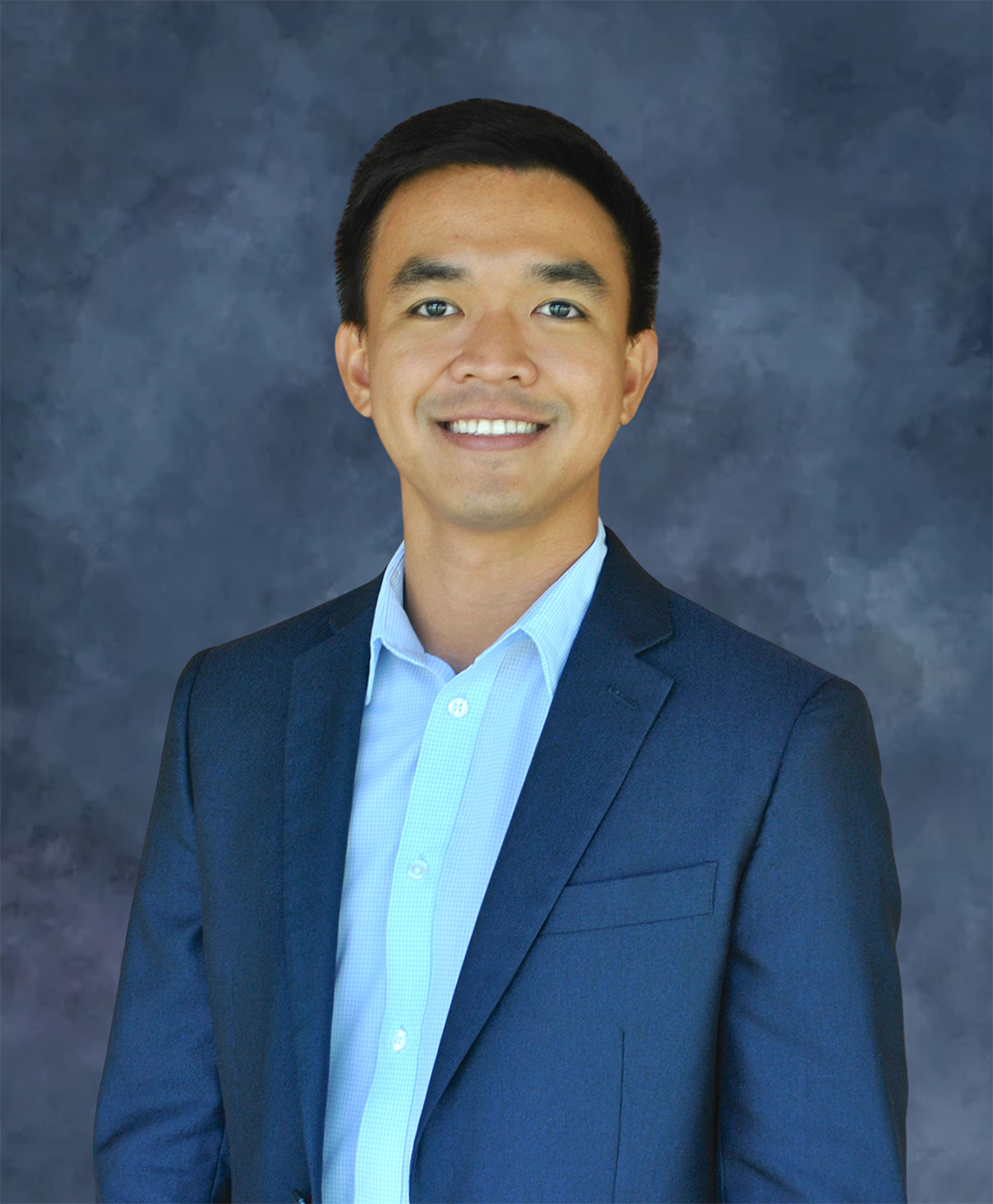Groundbreaking graduate work recognized by K-State's highest-ranking professors
Doctoral candidates earn prestigious awards from university distinguished professors.
From advancing global food security to transforming agricultural byproducts into sustainable materials and uncovering new insights into muscle degenerative disorders, three Kansas State University doctoral candidates are redefining what it means to pursue knowledge with impact.
Jacqueline Maille, Roselle Barretto, and Ziwei Zhao have each been named recipients of the University Distinguished Professors Excellence in Doctoral Studies Award, one of the most prestigious honors granted to K-State doctoral candidates.
The annual award, presented by the university's highest-ranking professors in partnership with the Graduate School, recognizes students who demonstrate exceptional academic achievement and scholarly excellence through publications, research, and contributions to their field
Jacqueline Maille: Protecting the global food supply

Jacqueline Maille. Photo credit: Crystal Ly.
For Maille, a doctoral candidate in entomology from Lum, Michigan, curiosity about how insects behave around food has evolved into a mission to protect global food resources.
Her research seeks to improve behaviorally based management strategies for stored product insects — tiny but costly pests that threaten post-harvest food commodities worldwide.
Maille's work integrates machine learning with an "electronic nose," a device that detects volatile compounds, to identify the presence, severity and type of insect infestations in stored commodities. Her work focuses on a critical knowledge gap in the sensory biology of the Indian meal moth, Plodia interpunctella, a widespread pest that uses chemical cues to locate mates and food.
"The electronic nose offers a faster, more accurate alternative to traditional detection tools and may pave the way for automated pest monitoring systems," Maille explained.
In parallel work, Maille is exploring the genetic basis of moth behavior through gene expression analysis and behavioral tests. She has identified key genes for CRISPER-Cas9 knockout studies with the goal of disrupting the pheromone and food volatile detection.
Maille said the work will help food storage facilities and the broader food supply chain develop more targeted and sustainable pest management strategies.
Maille's research is guided by major professor Kun Yan Zhu, university distinguished professor of entomology, and co-advisor Erin Scully, U.S. Department of Agriculture scientist and adjunct professor of entomology. Maille received a $2,500 award to recognize her doctoral work.
Roselle Barretto: Rethinking materials through sustainability

Roselle Barretto.
Barretto, a doctoral candidate in biological and agricultural engineering from Camarines Norte, Philippines, has spent his time in the labs at K-State developing innovative ways for farmers to profit from every aspect of agriculture.
"I wanted to transform what was once considered an agricultural byproduct into something valuable, renewable and sustainable," Barretto said.
Supported by a USDA-NIFA competitive research grant co-authored with his advisor, Barretto's project demonstrates that hempseed proteins, when properly extracted and chemically modified, can match the adhesion properties of commercial bio-based adhesives while eliminating toxic chemicals like formaldehyde.
"For me, it's about showing that materials innovation and agricultural sustainability can surely go hand in hand," Barretto said.
His work opens new possibilities for sustainable adhesive manufacturing, adds value for farmers and strengthens the circular bio-based economy.
Barretto's major professor is Donghai Wang, professor of biological and agricultural engineering. Roselle received a $2,500 award to recognize his doctoral work.
Ziwei Zhao: Exploring the mysteries of muscle health

Ziwei Zhao.
For Zhao, a biochemistry and molecular biophysics doctoral candidate from Inner Mongolia, China, the drive to understand the cellular mechanisms to preserve muscle health has guided years of meticulous research.
Zhao focuses on the kinase NUAK and CryAB, also known as HSPB5, a small heat shock protein that acts as a molecular chaperone to protect cells from stress by preventing protein aggregation.
By investigating how cellular signaling and protein quality control maintain muscle integrity, Zhao found that Nuak kinase activity is essential for muscle health and that it phosphorylates CryAB at specific serine residues, critical for CryAB's stability and function.
Building on her investigation, Zhao studied how human pathogenic CryAB mutations disrupt protein homeostasis and lead to the formation of clumps — amyloid-like aggregates — in muscle tissue, which can associate with tiny bubbles secreted out of the cell known as extracellular vesicles markers.
Using fruit flies — Drosophila melanogaster — and complementary vertebrate models, Zhao's findings provide insight into how CryAB mutations drive myofibrillar myopathies, or MFMs, and related disorders, linking kinase regulation, amyloid formation and vesicle trafficking.
This work uncovers new pathways that may underlie the progression of muscle and neurodegenerative disorders.
Zhao's major professor is Erika Geisbrecht, professor of biochemistry and molecular biophysics. Zhao received a $2,500 award to recognize her doctoral work.
Advancing next-gen innovation and discovery
Through their pioneering work, Maille, Barretto and Zhao represent the next generation of scholars driving innovation, sustainability and global well-being. The University Distinguished Professors Excellence in Doctoral Studies Award honors not only their individual achievements but also the spirit of discovery that is central to graduate research at Kansas State University.
This award is made possible by contributions from K-State's University Distinguished Professors and by support from donors. Learn more about how to help the next generation of researchers build their careers.
###